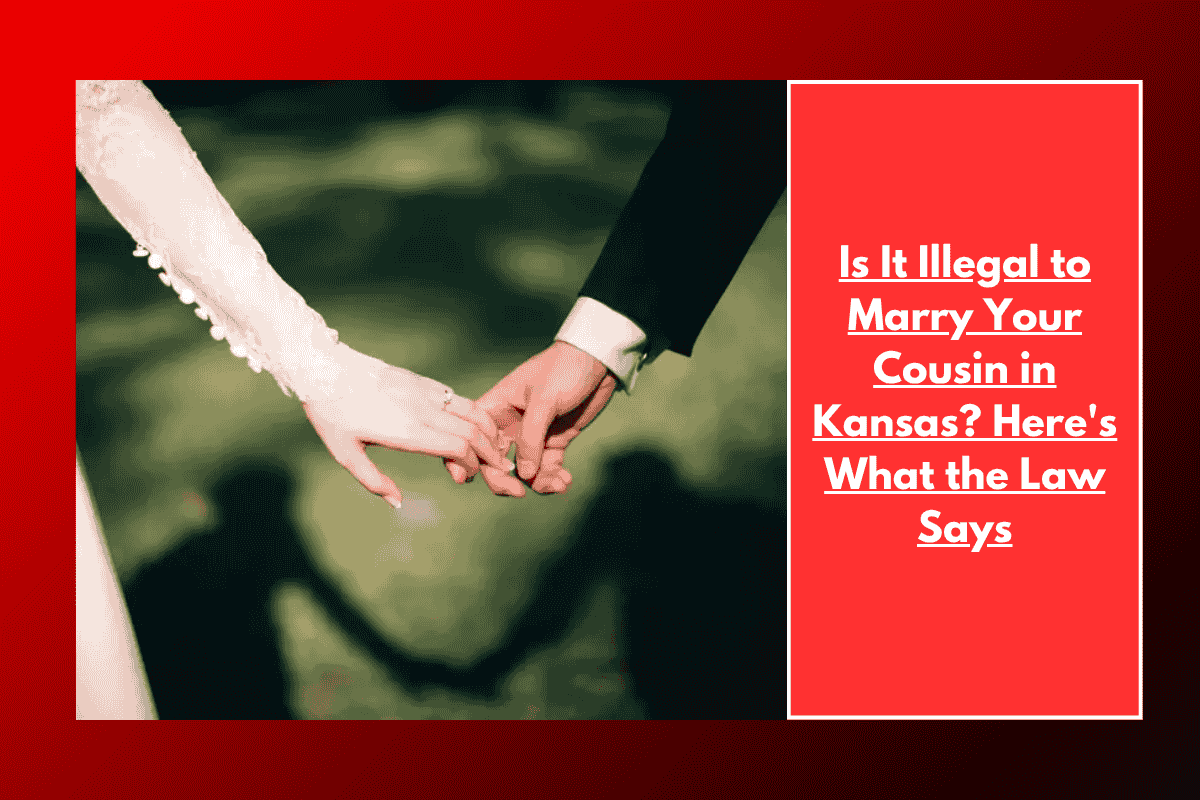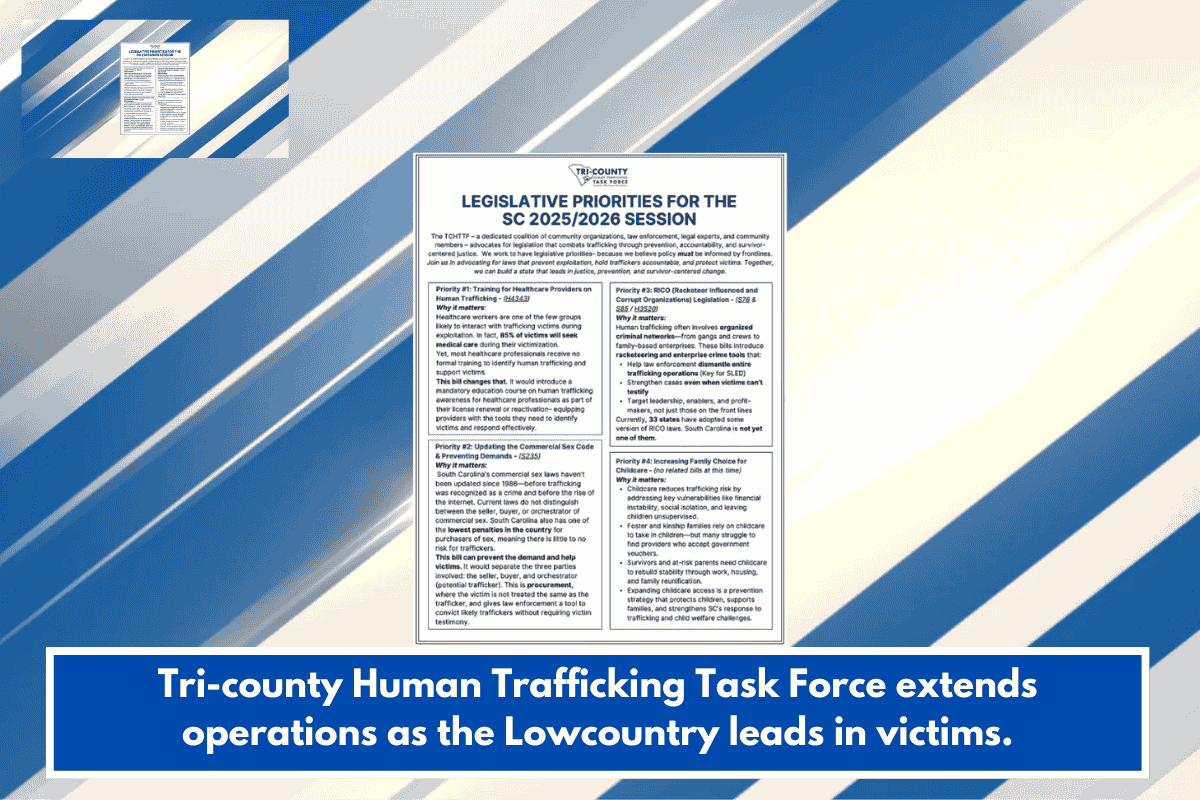If you are considering marriage in Kansas and have concerns about whether marrying your cousin is legal, it’s important to understand the state’s laws regarding consanguinity (blood relations) and marriage. Marriage laws vary from state to state in the U.S., and Kansas has its own set of rules when it comes to marrying a cousin.
So, is it illegal to marry your cousin in Kansas? Let’s dive into what the law says.
1. Is It Legal to Marry Your First Cousin in Kansas?
In Kansas, it is not illegal to marry your first cousin. Kansas does not prohibit marriage between first cousins, meaning that, unlike some states that have strict rules against it, Kansas allows first cousins to legally marry.
2. What About Other Types of Cousins?
- First cousins: As mentioned, marrying your first cousin is perfectly legal in Kansas.
- Second cousins and beyond: There are no restrictions on marrying second cousins, third cousins, or any more distant relatives. The law does not impose any restrictions on marriage between second cousins or more distant relatives.
3. Are There Any Conditions or Restrictions?
Although first cousins are allowed to marry in Kansas, there are some general legal considerations that apply to marriage in the state:
- Age Requirement: Both individuals must be at least 18 years old to marry without parental consent. If one or both individuals are under 18, they may need parental consent and, in some cases, judicial approval.
- Mental Competence: Both parties must be mentally competent to understand the nature of marriage.
- Marriage License: Like all marriages, first cousins must obtain a marriage license from the county clerk in Kansas before getting married. Both parties need to be present with proper identification, and there may be a small fee involved.
4. Genetic Considerations
While it is legal to marry your first cousin in Kansas, there are genetic factors to consider. Children born from cousin marriages may have an increased risk of inherited genetic conditions, but this risk is generally low for first cousins compared to closer relatives, such as siblings.
As a result, many couples marrying their cousins choose to undergo genetic counseling before starting a family to understand any potential risks for inherited health issues.
5. What About Other States?
Kansas is among the majority of U.S. states where first cousin marriages are not illegal. However, it’s important to note that not all states are the same. For example:
- Some states, such as Texas and New York, allow first cousin marriages without restrictions.
- Some states, like California, have specific conditions where first cousins can marry if they meet certain criteria, such as being over a certain age.
- Other states, such as Kentucky and Tennessee, prohibit first cousin marriages altogether.
Always check the laws of your specific state if you plan on marrying a cousin and live outside of Kansas.
6. Conclusion: Marrying Your Cousin in Kansas
To summarize, marrying your cousin is legal in Kansas, provided that both parties meet the basic legal requirements for marriage, such as being of legal age and mentally competent. However, it’s always a good idea to consult a lawyer or legal expert if you have any concerns about the process, particularly if there are health or genetic considerations you want to address beforehand.
If you have any questions or uncertainties, especially regarding the potential genetic risks of marrying a cousin, genetic counseling or seeking advice from a healthcare professional may help you make an informed decision.
SOURCES
[1] https://en.wikipedia.org/wiki/Cousin_marriage_law_in_the_United_States
[2] https://www.kslegislature.gov/li_2020/b2019_20/statute/023_000_0000_chapter/023_025_0000_article/023_025_0003_section/023_025_0003_k/
[3] https://www.ksrevisor.org/statutes/chapters/ch23/023_025_0008.html
[4] https://www.ksrevisor.gov/statutes/chapters/ch23/023_025_0003.html
[5] https://collincountymagazine.com/2025/06/06/is-it-illegal-to-marry-your-cousin-in-kansas-heres-what-the-law-says/














